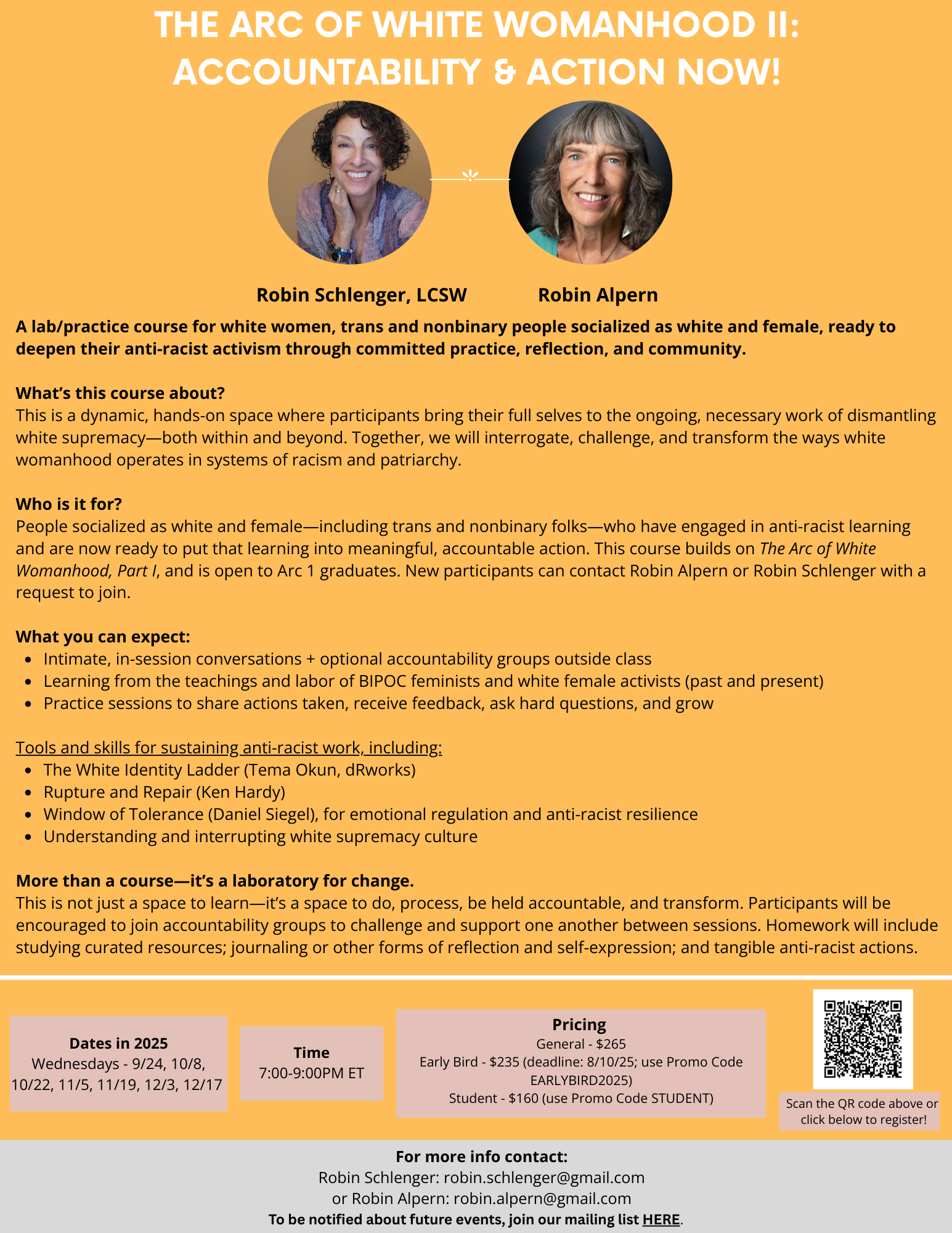Appreciation honors, appropriation erases
This phrase feels like a powerful encapsulation of the difference between meaningful cultural engagement and harmful appropriation. I’ve seen and heard this expression several times before (I wasn’t able to find an individual to attribute it to), and what impacts me the most is the point that true appreciation involves respect, context, and recognition, while appropriation risks stripping away meaning and dignity.
The topic of cultural appropriation comes up often in the work I do, as well as in my own personal life. The question that often comes up is around whether something is or isn't cultural appropriation, so I decided to do some of my own research this month to learn more.
Cultural appropriation happens when people from a dominant group take aspects of another culture--often one that has been marginalized--and use them without understanding, credit, or respect. It can look like borrowing styles, symbols, language, or traditions, while ignoring the deeper meaning and history behind them.
The harm comes from the imbalance of power. Too often, communities of color are punished or discriminated against for the very things that others take and profit from. A hairstyle worn by a Black woman may be called “unprofessional,” while the same style on a white celebrity is praised as edgy or fashionable. Sacred traditions and symbols are sometimes turned into trends or costumes, stripped of the weight they carry for the people who created them.
It’s important to remember that cross-cultural exchange itself isn’t the problem. Sharing food, art, or traditions can be a beautiful part of living in a diverse world. The issue is when sharing becomes taking--when the original culture is erased, disrespected, or excluded from the benefits.
So how do we move with more care? We can start by learning before adopting something from another culture. We can give credit and recognition to the people who carry these traditions. We can ask ourselves hard questions: Who benefits from this? Who might be harmed? And we can support communities directly by buying from artists, businesses, and leaders who are rooted in the culture itself.
Cultural appreciation is about building connections and honoring people. Cultural appropriation, on the other hand, reinforces old systems of exploitation. Knowing the difference helps us show up with respect and integrity.
See you on the journey,
Robin
Related Articles
Note: There are two flyers: one for participants who completed Arc Part 1, and one for those who have not previously attended.
For participants who completed the Arc Part 1, click this link to register: https://lp.constantcontactpages.com/ev/reg/qdgpm9p/lp/19b81ad8-1d6a-489b-9d65-7278aa374b9f
For new participants: please complete this survey prior to receiving a registration link: https://docs.google.com/forms/d/e/1FAIpQLSeENig82_FKi_fDIfecIwAxqRYnYfIJziWtaOQU8jgDa_HduA/viewform
PISAB: Undoing Racism and Community Organizing Workshop
Learn about the Undoing Racism and Community Organizing Workshops: https://pisab.org/undoing-racism-community-organizing-workshop/
November 14-16, 2025: https://pisab.salsalabs.org/20250034PINERegionalNovemberinpersonWorkshop/index.html
Recommended Books:
Libertroph Magazine - A collection of art and stories about white anti-racist organizing, past and present.
Fundamentals of Anti-racism 2025: https://www.comrades.education/fundamentals-antiracism-2025-registration?utm_source=substack&utm_medium=email


